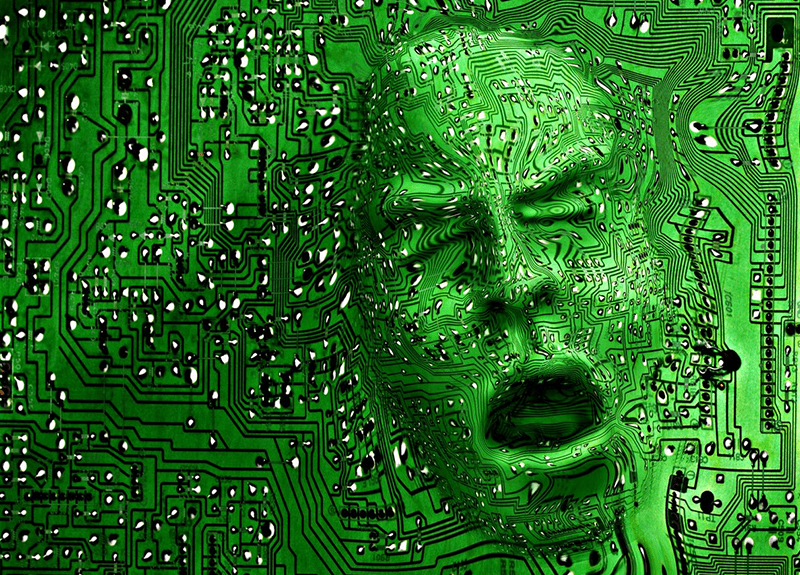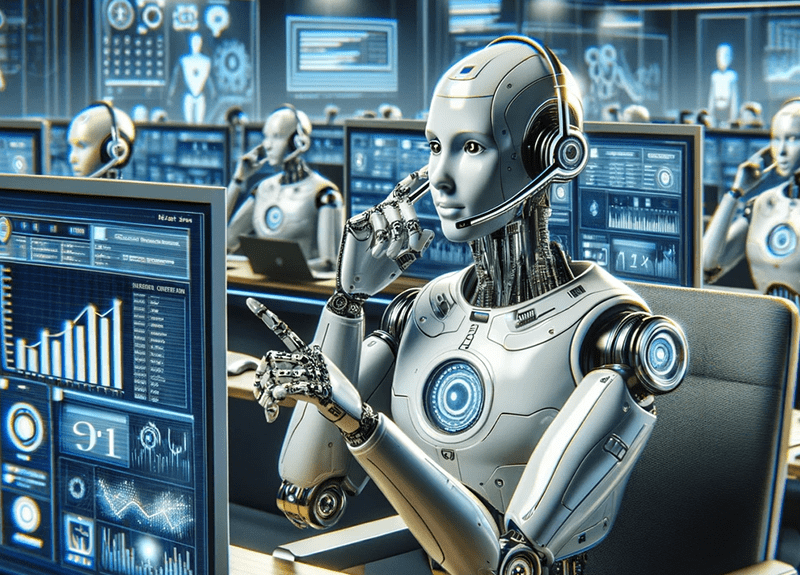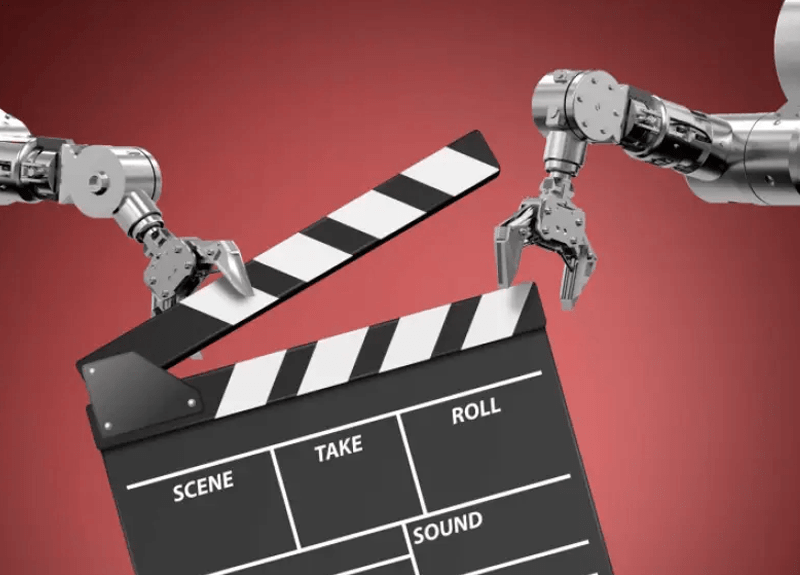
Can Ubiquitous Computing lead to Computer Singularity?
Ubiquitous computing, often termed as pervasive computing, is a concept where computing is integrated seamlessly into everyday objects and activities. It’s an environment in which the computing processes and devices fade into the background, becoming a natural part of our daily lives. As this paradigm evolves, there’s growing speculation that ubiquitous computing could become a stepping stone to an even more profound technological event: the computer singularity.
The Essence of Ubiquitous Computing
At its core, ubiquitous computing is about embedding intelligence and connectivity into everyday objects. These objects, ranging from household appliances to street signs, interact with users and with one another, often without the users being actively aware of them. As the objects collect, analyze, and share data, they create a pervasive environment where computational processes constantly work in the background to enhance user experience, efficiency, and safety.
Concept of Computer singularity.
The computer singularity, also often referred to simply as ‘the singularity’, is a theoretical point in time when artificial intelligence will surpass human intelligence, leading to unprecedented technological growth. Post-singularity, the outcomes and trajectories of technological and societal advancement become unpredictable as they are, by definition, beyond human comprehension.

How Ubiquitous Computing Paves the Way for Singularity:
- Acceleration of Data Collection: As everyday objects become interconnected and begin to gather data, the sheer volume and diversity of information available for analysis will skyrocket. This vast amount of data serves as fodder for advanced machine-learning algorithms, enabling them to learn and evolve at an unprecedented rate.
- Eradicating Computing Barriers: With the integration of computing processes in daily life, the lines between humans and machines begin to blur. As we continuously interact with intelligent systems, the rate of feedback and iteration between humans and machines grows, accelerating the evolution of these systems.
- Infrastructure for Advanced AI: Ubiquitous computing lays the groundwork for a global neural network of devices. This interconnectivity resembles the synapses of a brain and can, theoretically, support the birth and operation of a super-intelligent entity.
- Seamless Human-Machine Interaction: As humans become more accustomed to relying on intelligent systems in their daily lives, it's plausible that the reliance on machines to make decisions or predictions will increase. This may eventually lead to machines making significant decisions without the need for human validation.
Potential Implications of Reaching the Singularity through Ubiquitous Computing:
- Unpredictable Outcomes: Once the singularity is reached, it's uncertain how a super-intelligent entity would behave. It may bring about unparalleled advancements in medicine, energy, and other fields, or it could pose challenges we've never anticipated.
- Ethical Concerns: As machines gain more decision-making power, ethical dilemmas become more pronounced. Who's responsible when an AI-driven car makes a decision that leads to harm? How do we ensure the moral alignment of super-intelligent entities with human values?
- Economic Disruptions: The singularity may lead to rapid technological advancements rendering certain jobs obsolete. Society will need to adapt, possibly redefining work and economic structures.
Ubiquitous computing is undeniably pushing the boundaries of how we perceive and interact with technology. While its convergence with the idea of the singularity is fascinating, it’s also laden with uncertainties. Preparing for such a future requires foresight, ethical deliberation, and proactive planning to ensure the harmonious coexistence of man and machine.
Obiquitous Computing
Get a Free Consultation
With Crownsoft’s Senior Business Analyst














